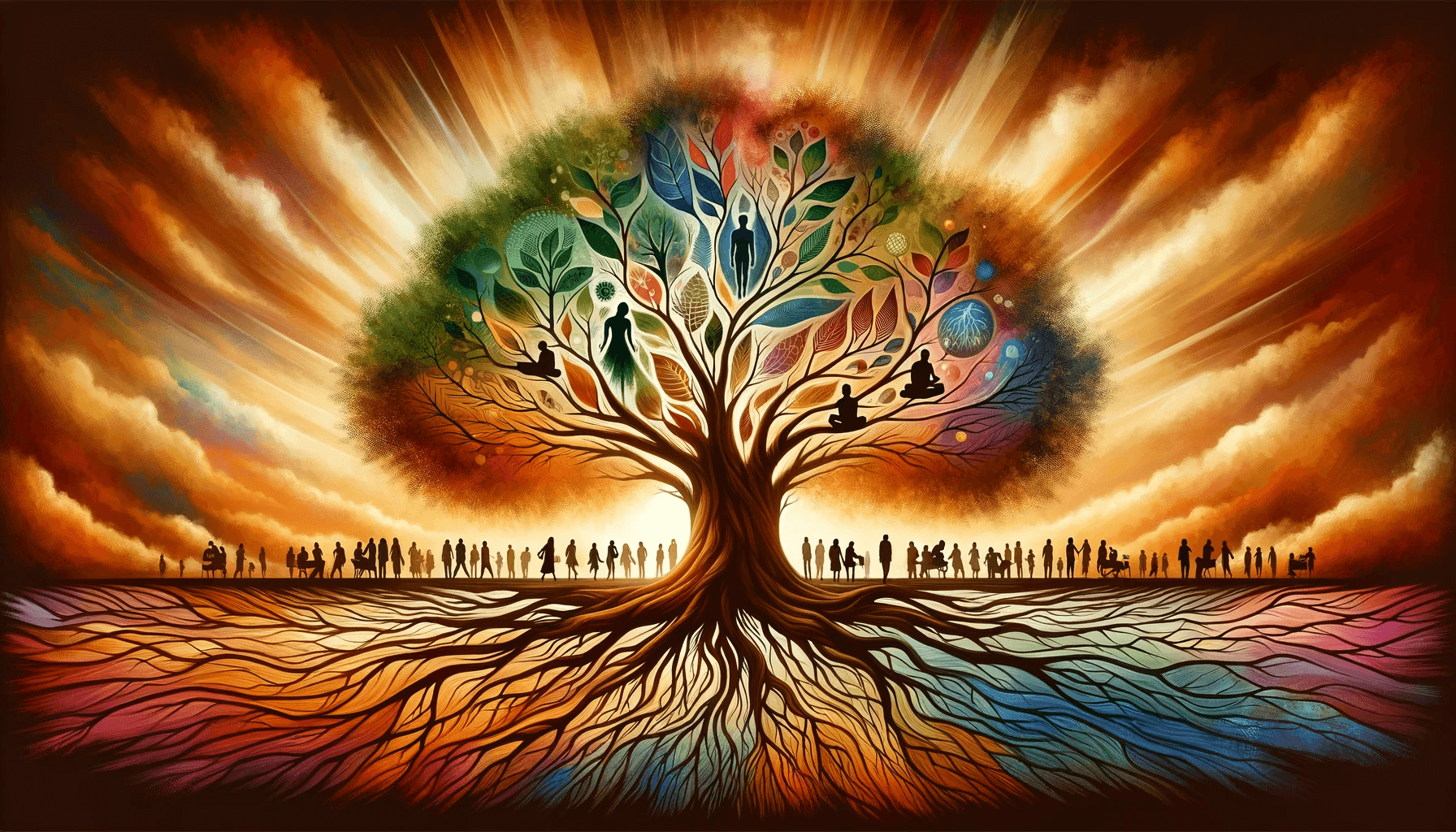Sponsored by The Wealth Compass
Table of Contents
Introduction to Free Will
When pondering the mysteries of life, one question often arises: do we have the ability to shape our destiny, or are our lives predetermined? This philosophical and existential quandary revolves around the concept of free will. Free will is the belief that individuals possess the power to make choices and decisions that are not predetermined or influenced by external forces. In this article, we will delve into the profound implications of free will in shaping our destiny and explore its limitations and potential.
The Concept of Determinism vs. Free Will
The debate between determinism and free will has captivated philosophers and scholars throughout history. Determinism suggests that all events, including human actions, are ultimately determined by external factors such as genetics, environment, or divine will. According to this perspective, our choices and decisions are merely the result of a chain reaction of causes and effects, leaving no room for valid free will.
However, proponents of free will argue that human beings possess an inherent capacity to exercise agency and autonomy in their decision-making process. They believe that our choices are not predetermined but result from conscious deliberation and personal volition. This belief in free will gives us a sense of responsibility and accountability for our actions.
The Philosophical Debate on Free Will
Throughout history, philosophers have grappled with the complexities of free will, leading to a rich tapestry of ideas and arguments. One of the most notable philosophical debates on free will is the dichotomy between compatibilism and incompatibilism.
Compatibilism asserts that free will and determinism are not mutually exclusive. It suggests that even if external factors influence our actions, we can still maintain a sense of freedom in our decision-making process. In contrast, incompatibilism argues that determinism and free will are fundamentally incompatible. It posits that if our actions are entirely determined by external factors, true free will is an illusion.
Scientific Studies on Free Will
Beyond philosophy, scientific studies have also shed light on the nature of free will. Neuroscientists have conducted numerous experiments exploring the neural correlates of decision-making and the role of consciousness in shaping our choices. While these studies have not definitively answered the question of free will, they have provided fascinating insights into the complexities of human decision-making.
Some studies have suggested that our brains make decisions before consciously aware of them, indicating that subconscious processes may influence our choices. However, other research has emphasized the role of conscious deliberation in decision-making, highlighting the potential for free will to play a significant role in shaping our actions.
The Role of Free Will in Shaping Destiny
Free will play a pivotal role in shaping our destiny. It empowers us to make choices and decisions that have far-reaching consequences, impacting not only our lives but also those around us. Our ability to exercise free will allows us to pursue our goals, dreams, and aspirations, ultimately shaping the path we tread in life.
By embracing free will, we become active participants in our destiny rather than passive observers. It allows us to navigate life’s twists and turns, enabling us to adapt, grow, and pursue a life that aligns with our values and desires.
Understanding the Limitations of Free Will
While free will offers immense potential, it is essential to acknowledge its limitations. Our choices and decisions are not made in a vacuum but are influenced by many external factors such as societal norms, cultural conditioning, and personal experiences. These influences shape our perspectives and biases, potentially constraining the full expression of our free will.
Additionally, external circumstances beyond our control can also impact our choices. Economic, political, or environmental factors may limit the range of options available to us, constraining our exercise of free will. Recognizing these limitations allows us to approach free will with humility and an awareness of the complexities in shaping our destiny.
Cultivating and Harnessing the Power of Free Will
While external factors may influence free will, we can cultivate and harness its power to shape our destiny. It begins with self-awareness and introspection, understanding our values, desires, and aspirations. By aligning our choices with our authentic selves, we can exercise our free will in a manner that fosters personal growth and fulfillment.
Developing mindfulness practices can also enhance our ability to navigate the complexities of decision-making. By cultivating present-moment awareness, we can make choices that align with our true intentions and avoid being swayed by external pressures or societal expectations. Mindfulness empowers us to tap into our inner wisdom and intuition, guiding us toward decisions that are in harmony with our authentic selves.
Practical Tips for Exercising Free Will
To exercise free will effectively, it is beneficial to cultivate a growth mindset. Embrace the belief that you can learn, grow, and change throughout your life. This mindset liberates us from fixed notions of who we are and allows us to explore new possibilities and opportunities.
Setting clear goals and intentions can also enhance the exercise of free will. By defining what we want to achieve and outlining the steps to get there, we establish a roadmap for our choices and actions. This clarity empowers us to make decisions that align with our long-term vision and aspirations.
The Impact of Free Will on Personal Growth and Fulfillment
Embracing the power of free will profoundly impact our personal growth and fulfillment. It allows us to take ownership of our lives, fostering a sense of agency and control. When we recognize that we can shape our destiny, we become proactive in pursuing our passions, dreams, and desires.
Moreover, free will enables us to overcome obstacles and adversity. It empowers us to learn from setbacks and failures, using them as opportunities for growth and resilience. By exercising our free will, we cultivate a sense of self-efficacy and confidence, propelling us toward personal fulfillment and a life of purpose.
Conclusion: Embracing the Power of Free Will
In conclusion, the power of free will in shaping our destiny is a captivating and profound concept. While the debate between determinism and free will continues, exercising agency and autonomy in our decision-making process offers immense potential for personal growth and fulfillment. By cultivating self-awareness, embracing mindfulness, and adopting a growth mindset, we can harness the power of free will to navigate through life’s challenges, pursue our passions, and shape a destiny that aligns with our true selves. Embrace the power of free will and unlock the mysteries of your potential.




